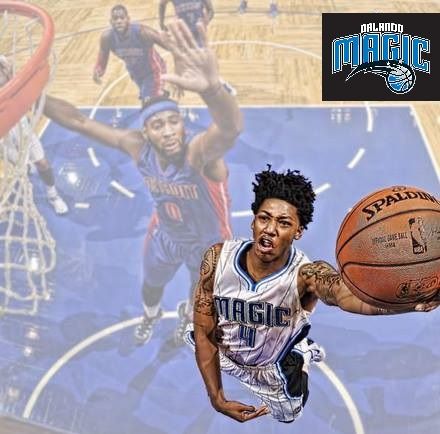TDevilsG wrote:I_Socrates wrote:Its really funny because I'm sure at least some of these entry level analysts can provide more over 2-3 years than 90% of rookies do in their first contract. Those guys get millions to sit on the bench and most end up out of the league shortly after...while people actually contributing have to survive on peanuts.
The difference is one of them is making money for their business and the other is costing money. Any kind of overhead like that is not valued nearly as much as the ones who generate revenue for the business.
WTF are you talking about?
I was talking about players that get paid millions to rot on the bench, and there are a LOT of those.
Teams miss on draft picks and FA signings more often than they miss on the analytics guys.
Those guys can also be fired without union's crying whereas players have to be paid what they are owed.
The fact that these 35l-100k guys are the ones that HELP the team figure out which guys to go after is what affects the bottom line.
A good analytics guy that is right more often than he is wrong should be paid in the range of a terrible bench warming player, at least.
They are more instrumental in the teams success than some player who doesn't even belong in the NBA. Basically, the players union has mandated a minimum for the players while the background workers who contribute more to the bottom line or success of a team have no mandate and therefore are overlooked. It happens in a lot of professions and it's ridiculous.



































 +
+  =
= 

